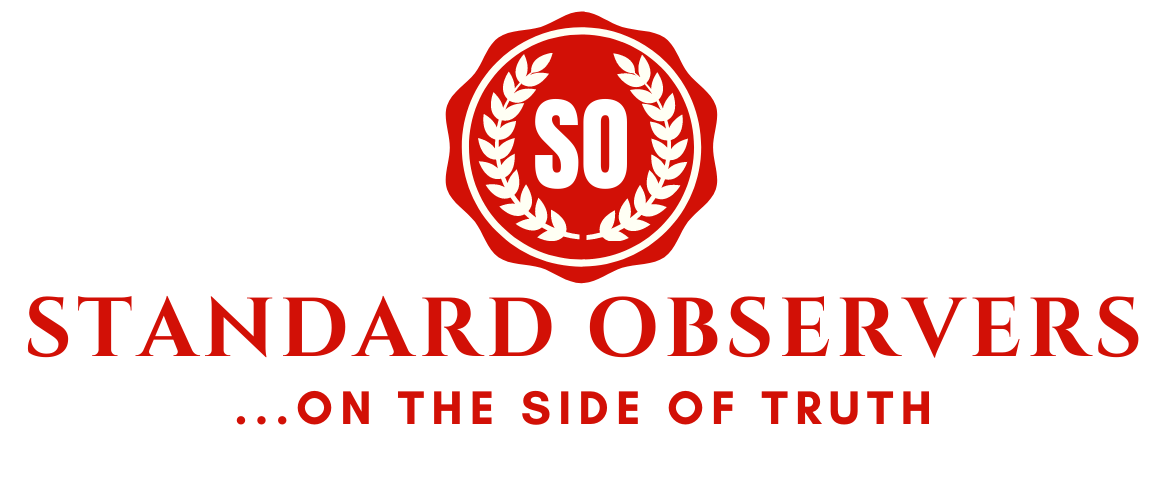After the crashing of MBA Forex trading and capital investment which left hundreds of thousands of persons losing over N170 billion, a similar investment platform has swept through Port Harcourt, receiving tens of investors daily.
The platform known as Returns Market and Multi-Purpose Co-operative Society with an office in Port Harcourt promises 10% return on every investment starting from N500,000 to N50,000,000.
On its website, the company said it offers financial consultancy, investment strategy, and financial trading/ investment, stressing that it invests and trade in the financial market and the commodities market.
But checks with the Security and Exchange Commission, the sole government agency that empowers private financial institutions to trade showed that the company is not licensed to perform such investment roles.
Investigations showed that thousands of persons, mostly retirees and active business owners are already buying into the plans.
Recall that the Central Bank of Nigeria had in February said 125, 397 investors deposited a total of 171, 128,219,041 into accounts belonging to the MBA Trading and Capital Investment company.
The scheme which promised a 15 per cent return on investment to depositors, crashed in November, leaving its investors hanging with promises of return of deposited capital.
The Apex bank in a suit with suit Number FHC/PH/MIsC/35/2021, before the Federal High Court sitting in Port Harcourt on the 10th of February, filed an exparte motion seeking an order of the court to stop all debit transactions from MBA accounts.
The court on the 11th of February ordered that accounts maintained in any bank in Nigeria by the company be forthwith frozen for a period of time sufficient for the Central Bank of Nigeria to conclude the ongoing investigation and inquiry into the affairs of the Company.
The accounts include 39 Naira bank accounts domiciled in Access Bank, EcoBank, FCMB, GTB, Suntrust, Stanbic IBTC, Sterling Bank, UBA, Union Bank, Unity Bank and Zenith Bank.
Others are 8 dollar accounts domiciled in FCMB, Ecobank, Stanbic IBTC, UBA and Sterling Bank.
According to a court document sighted by Standard Observers, the company has a total of 14 branches which include Aba with 3,159 investors and deposits of N3,721, 930,689; Abuja with 10, 992 investors and deposits of N20, 508, 696,314; Allen Lagos with 10,164 investors and deposits of N13, 068, 196, 850; Asaba with 3,406 investors and deposits of N4,177,475,745; Benin with 6,170 investors and deposits of N7,016,573,157, Calabar with N2,839 investors and deposits of N3,377,292,827 and Eliozu Port Harcourt branch with 30, 138 investors and deposits of N41, 956,413,079.
Others are Enugu with 2,560 investors and deposits of N6, 972, 471, 039; Lekki with8,826 and deposits of N14, 224,187,177; Owerri 1 with 2, 545 and deposits of N2, 908,274,471; Owerri 2 with 5,276 investors and deposits of N6,752,547,834; Uyo with 2,948 investors and deposits of N4,274,056,414; Warri with 7, 213 investors and deposits of N9,766,552,367 and Port Harcourt waterlines branch with 29,151 investors and deposits of N32,403,449,045.
According to the CBN, investors from Port Harcourt made up 43.45 per cent of the total investors.
Reacting to the court order, MBA informed its investors that it will be constrained to refrain from any further actions or statements that may affect or influence the ongoing investigation as the matter is now subjudice.
“It said “We have gathered that the actions of the Central Bank of Nigeria are well within the confines of their statutory obligations and was instigated by some investors against our earlier advice.
“These disruptions have interfered with our plans and incapacitated the steps we have initiated towards the realization of the repayment
of capital investments.
“Flowing from the above, we may not be able to continue to comment on any matter relating to our operations pending the determination of the investigation initiate by the Central Bank of Nigeria”.







